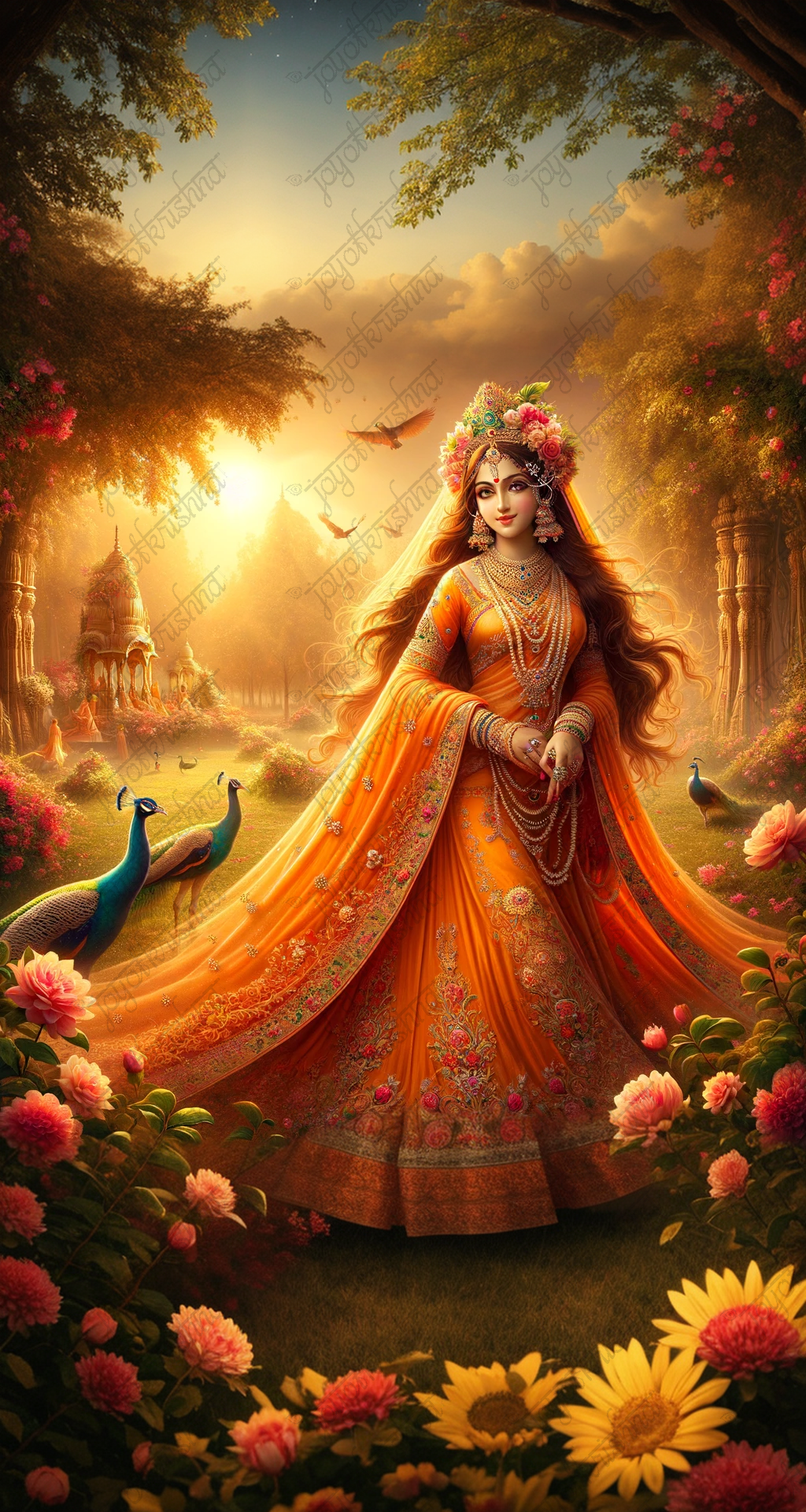
In the realm of Hindu mythology, one deity stands out for his enigmatic and multifaceted persona – Lord Krishna, the eighth avatar of Lord Vishnu. Born in the city of Mathura, Krishna’s life was a tapestry woven with threads of divine intervention, human emotions, and the eternal struggle between good and evil. As a child, Krishna’s mischievous antics and miraculous feats, such as lifting the Govardhan hill on his little finger, mesmerized the inhabitants of Gokul and Vrindavan. However, beneath the surface of these tales lies a profound symbolism – the conquest of the ego, the surrender to divine will, and the acknowledgment of the infinite within the finite. As Krishna matured, his role evolved from a cowherd to a statesman, guiding the Pandavas through the labyrinthine complexities of the Mahabharata. His teachings, as encapsulated in the Bhagavad Gita, offer a spiritual roadmap for the seeker, emphasizing the importance of selfless action, non-attachment, and devotion. The Gita’s central theme – the dichotomy between the material and spiritual worlds – is reflected in Krishna’s own life, as he navigates the contradictions between his divine heritage and human experiences. His relationships with Radha, Rukmini, and the gopis, though often romanticized, represent the yearning of the individual soul for union with the divine. Furthermore, Krishna’s diplomatic endeavors, such as his failed attempt to prevent the war of Kurukshetra, underscore the limitations of human endeavor and the inevitability of fate. Throughout the epic, Krishna’s character serves as a foil to that of Arjuna, highlighting the tension between duty and desire, action and inaction. The mystical dimensions of Krishna’s persona are exemplified in his manifestation as the Vishwaroop, the cosmic form that encompasses all existence, underscoring the idea that the individual is but a microcosm of the universe. This paradox – the infinite within the finite – is the essence of Krishna’s teachings, as he urges humanity to transcend the boundaries of the self and merge with the ultimate reality. In the annals of Indian thought, Krishna’s impact extends far beyond the confines of mythology, influencing art, literature, music, and philosophy. His legend has inspired countless works of art, from the intricate miniatures of the Pahari school to the lyrical verses of the Bhakti poets. In the realm of philosophy, Krishna’s ideas have shaped the development of Vedanta, emphasizing the unity of existence and the primacy of consciousness. As a cultural icon, Krishna continues to captivate audiences worldwide, embodying the complexities and paradoxes of human existence. His enigmatic smile, as depicted in countless works of art, seems to hold the secrets of the universe, inviting the seeker to embark on a journey of self-discovery and spiritual exploration. In the end, Krishna’s mystique lies not in his divine persona, but in his profoundly human experiences, which serve as a reminder of our own potential for growth, transformation, and transcendence.